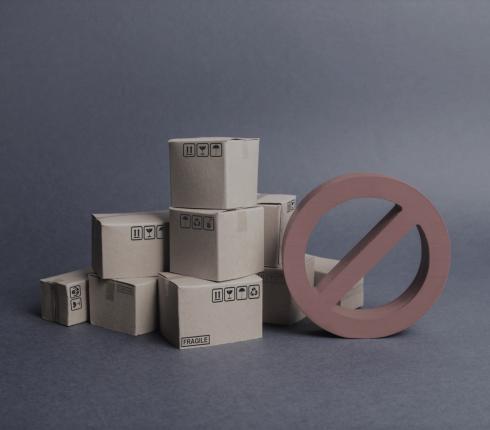NJORD Estonia: Three key questions for a solid business contract!
The law doesn’t set a mandatory form for most business relationships contracts – they can even be oral. As long as both parties share an understanding about each other’s wishes, oral contracts may work, but you can’t rely on oral contracts when in disputes. To prevent a dispute, or resolve it faster and easier, you should have a written contract.
The contract doesn’t necessarily have to be very long, but it should contain the most important terms and conditions. To make sure that you enter into an efficient contract, you should consider three important questions.
Question No 1: What would I like to get out of this business relationship?
Firstly, you should think about the main goal for entering this business relationship. What kind of goods do you purchase or sell; what are its main qualities; when should the delivery take place? What should the cooperation between you and your business partner look like; who contributes financially, who contributes time and how much of each? Qualities agreed upon during the negotiations (e.g. the purpose of the purchased goods, productivity and material cost of the appliances, additional equipment, documentation etc), obligations and deadlines should be as detailed as possible in the contract. The more specific and complex the purchased or sold goods or services, the more detailed should the description of it be in the contract. When it comes to selling the goods, you should also think about who will be responsible for transporting and securing it and where the merchandise will be handed over.
Question 2: What do I want to avoid in a business relationship?
Secondly, you should always think about what could go wrong before entering into any contracts. What happens if you can’t reach the set goal; what would the consequences be for you and how could you overcome them as painlessly as possible? If the business relationship fails and the contract gets violated, you can usually file for damages, but proving that damage exists and to what extent can be complex, costly and time consuming. That’s why you should consider setting fines, penalties for delays, price reduction rates etc. Then again, if you are the one responsible for deliveries, completing the jobs or providing services, then you should also think about options for limiting the liability. Don’t forget to pay attention to situations where a need might arise to exit the business relationship and you’d have to terminate the contract.
Question 3: How to make sure your rights aren’t dismissed in a situation where reaching an agreement is no longer possible?
Often, terms for settling disputes are overlooked in contracts. It would be wise to think it through before drafting the contract, since it determines how easily or how fast your demands will be met. There is a court for every dispute, but is that the route you’re willing to take? Are you willing to participate in court proceeding in another town, state or continent? Is it important that the proceedings would be held in a language that you, or both parties, understand? Are you comfortable with public proceedings or would you require confidentiality? Court is one option for resolving disputes, and a very reliable one, but there are alternatives which give more control over the whole process for both parties. Instead of going straight to court, consider arbitration or a conciliation procedure.
Need a solid business contract? Contact NJORD’s attorneys Triinu Hiob and Katrin Sarap.


































